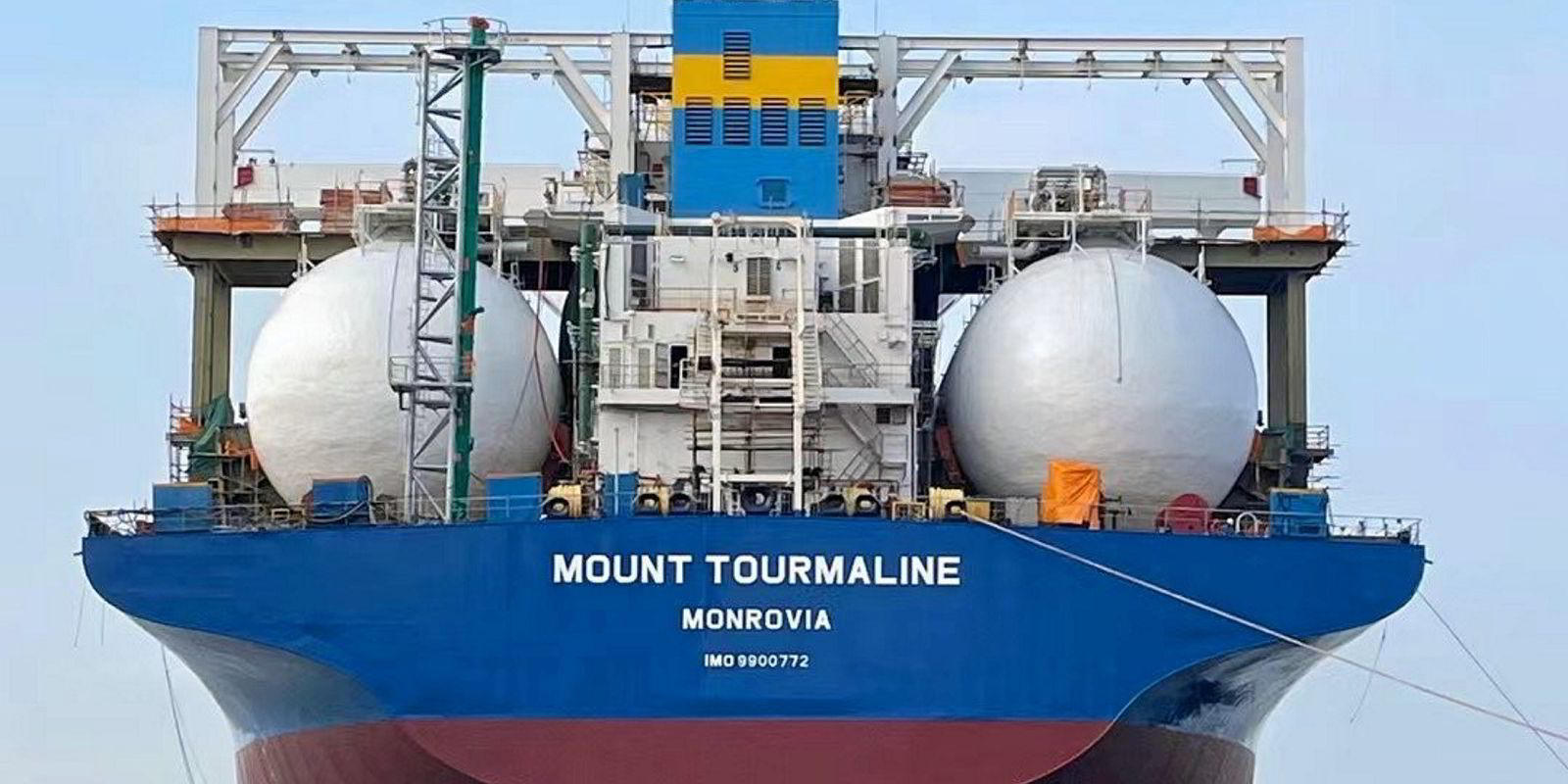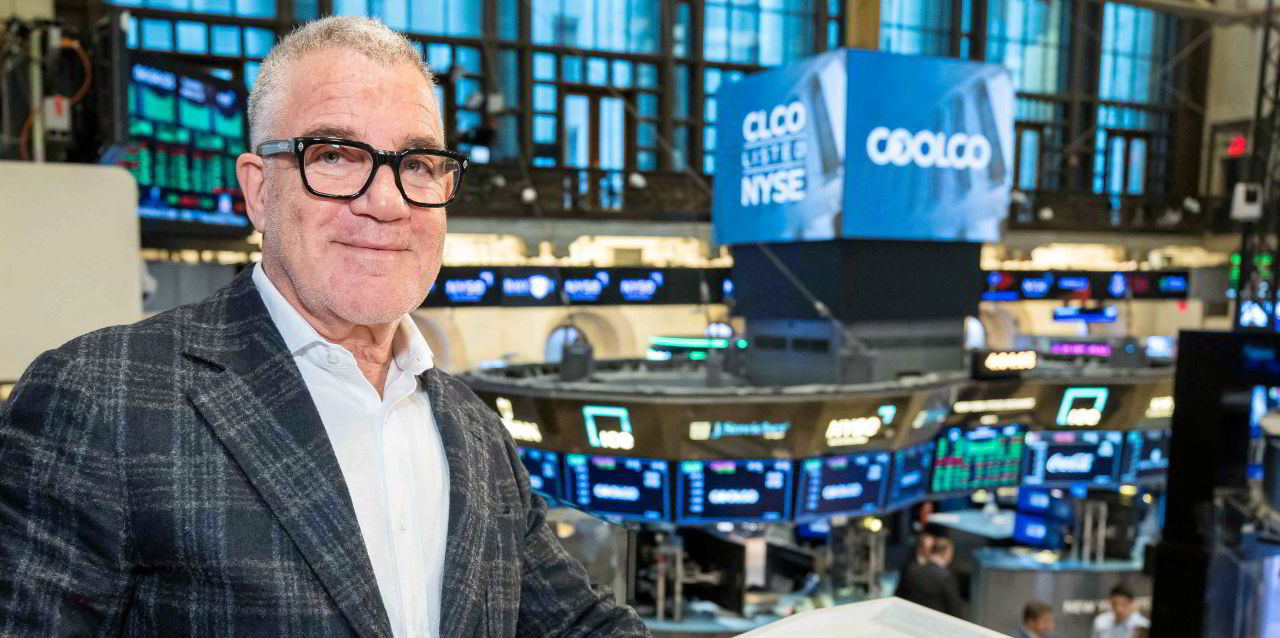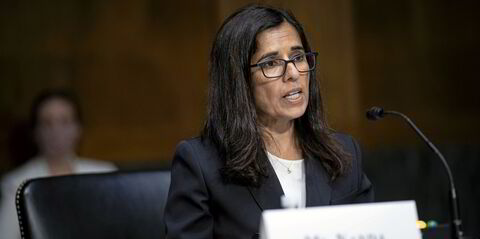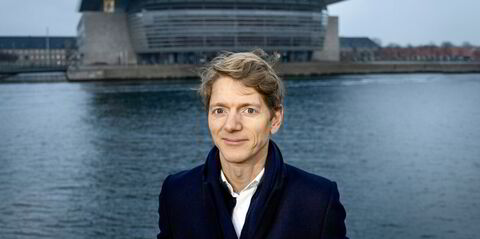Idan Ofer’s Eastern Pacific Shipping has put pen to paper on orders for four ammonia dual-fuel newcastlemax bulkers and two LNG dual-fuel LR2 tankers at Chinese shipyards
The four 210,000-dwt bulkers have been ordered at CSSC Beihai Shipbuilding, while the order for the two 111,000-dwt LR2 product tankers was signed at CSSC Guangzhou Shipbuilding.
“These are pivotal for EPS, testament to our continued commitment towards the decarbonisation of shipping,” Eastern Pacific said on its social media platforms following signing ceremonies with the two yards on Wednesday.
TradeWinds first reported Eastern Pacific’s plans to order the ammonia dual-fuel bulkers in August, although at the time market sources believed the company would order three vessels, with delivery of the first projected in 2026. The order would include options for a further three.
In January, it was reported the company was preparing to sign contracts for four.
Eastern Pacific booked 10 ammonia dual-fuel newcastlemax bulkers at Behai in a separate order signed earlier last year.
When details of the potential orders first came to light, BHP and Rio Tinto were said to be planning to charter the dual-fuel newcastlemax bulkers to ship iron ore cargoes.
A study by the two mining giants indicated that a green iron ore corridor between Australia and Asia would be feasible by 2028, with about 20 ammonia-fuel ships operating on the route by 2030.
Eastern Pacific has worked closely with BHP and Rio Tinto on long-term decarbonisation projects in the past, as well as other leading operators including CMA CGM, Crowley and Equinor in other markets.
Ready to run on ammonia
While a number of so-called “ammonia ready” ships have been contracted — with the capability to upgrade to ammonia fuel at a later date — Eastern Pacific’s vessels will be among the first ready to run on ammonia from the time of delivery.
The two ammonia dual-fuel LR2 product tankers are option vessels that were attached to two similar ships that the company ordered at CSSC GSI in August.
EPS has one of the shipping world’s largest newbuilding programmes, with VesselsValue estimating that it has about 70 ships on order covering a wide spectrum of types, most of which are dual-fuel vessels powered by LNG or another type of alternative fuel.




